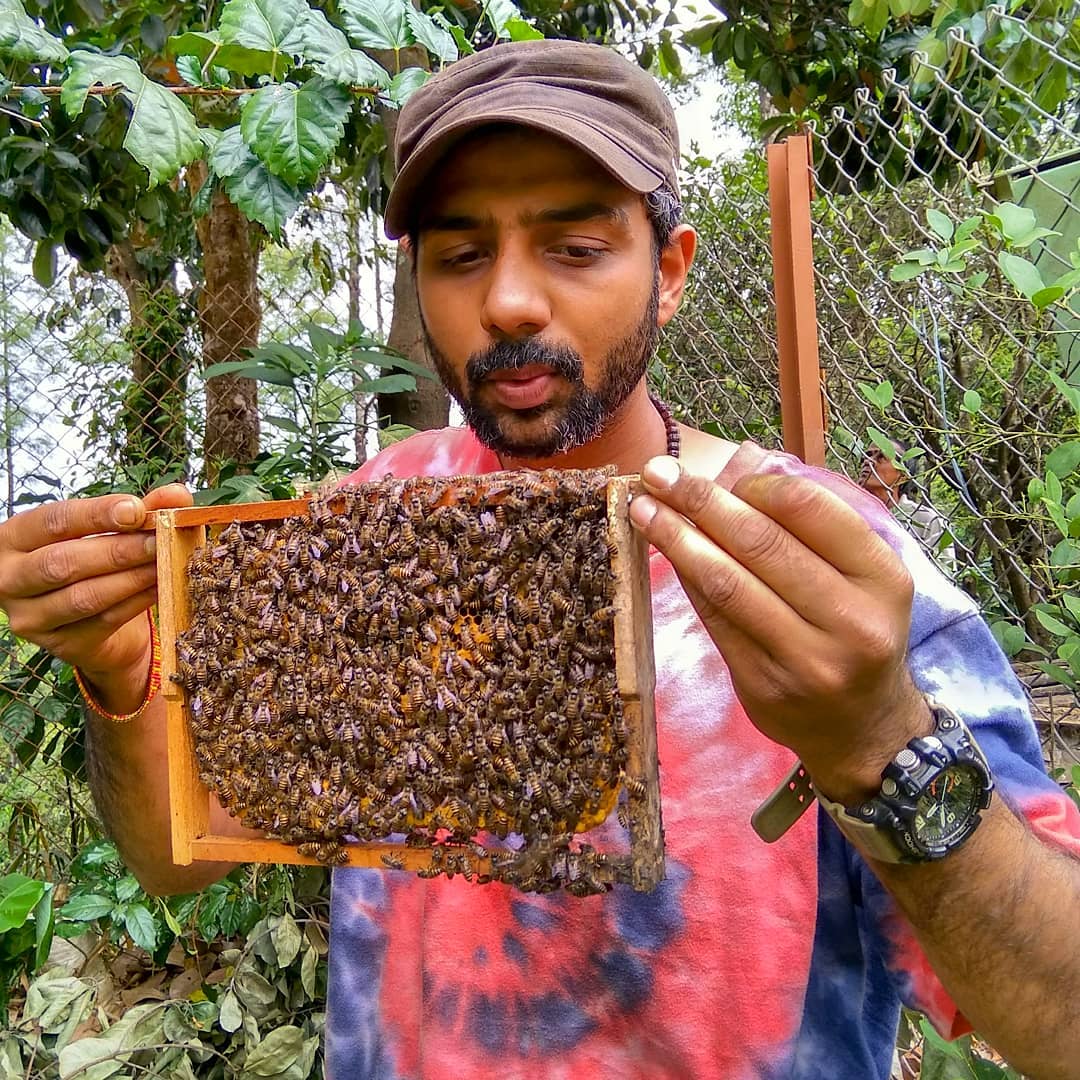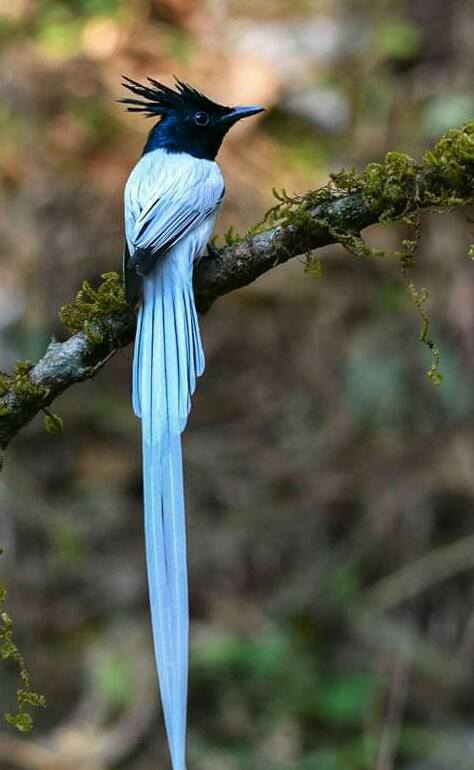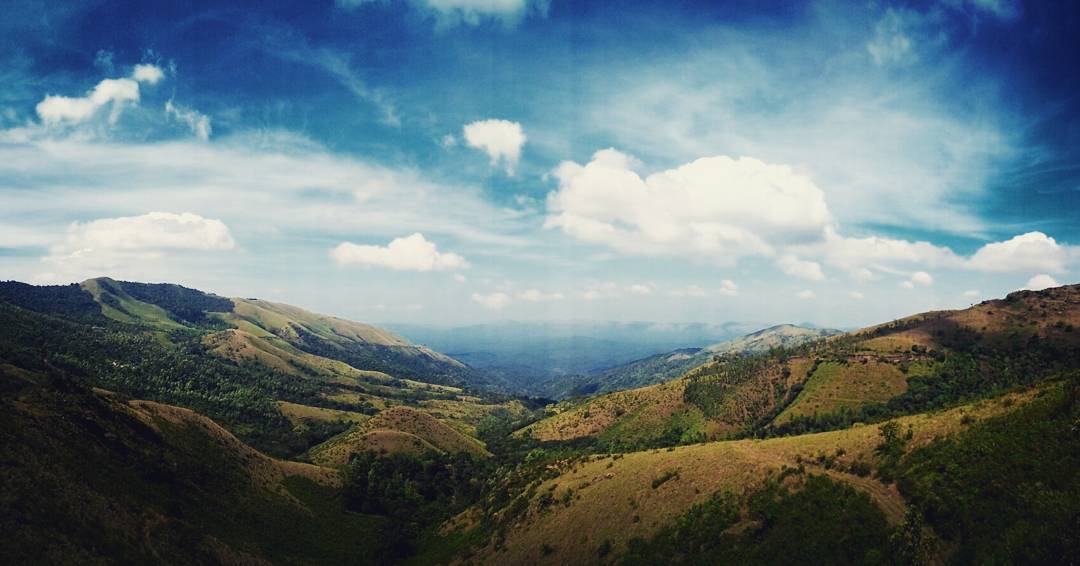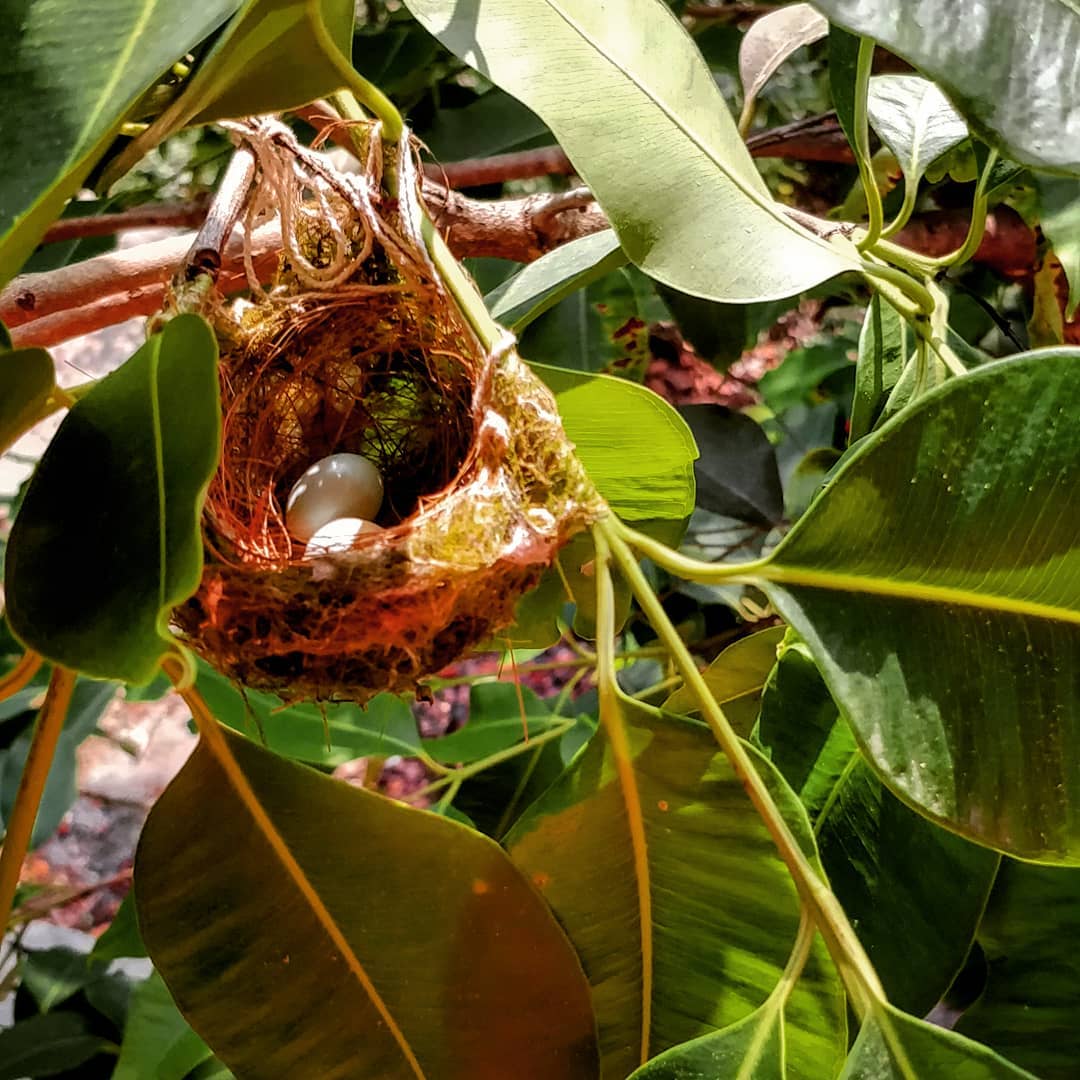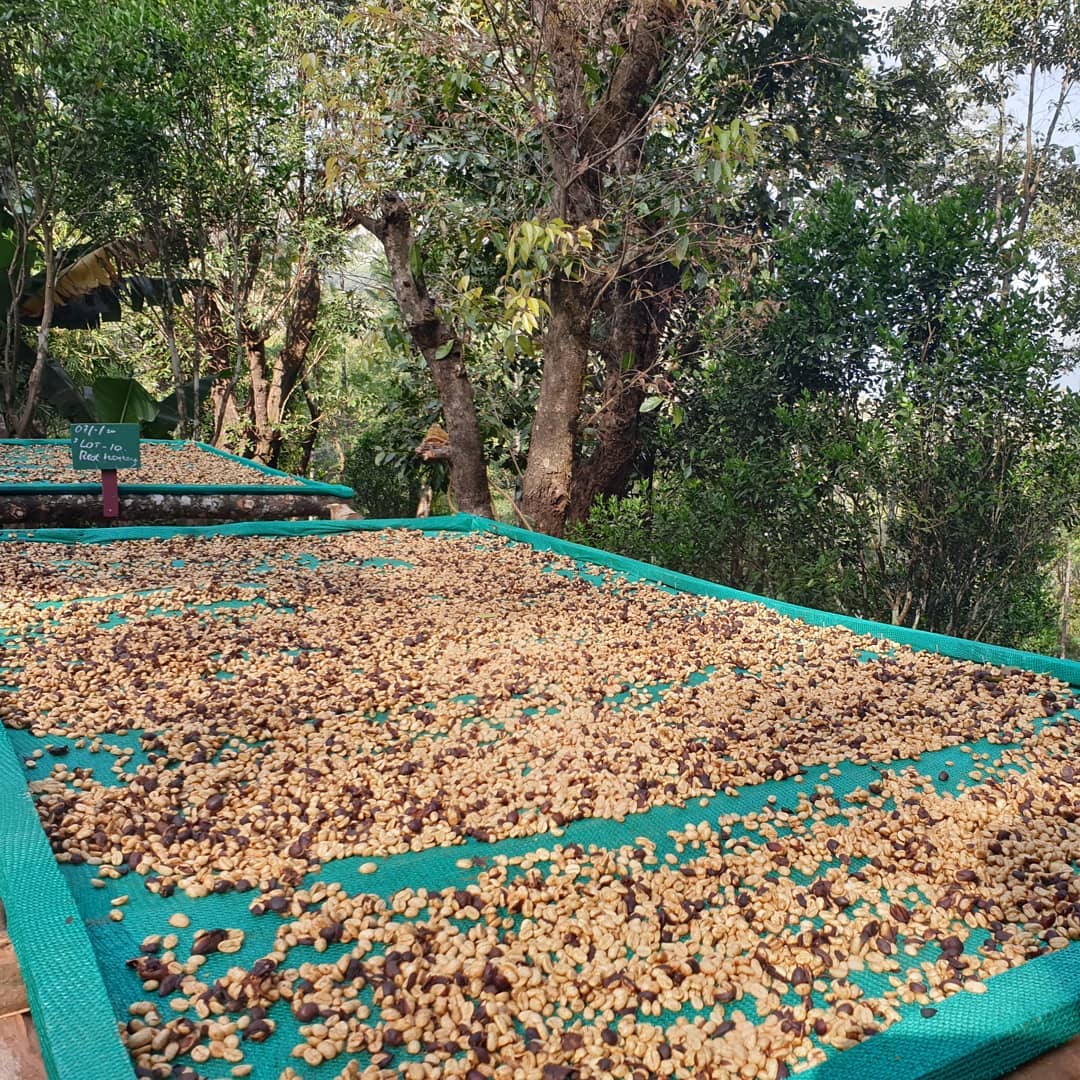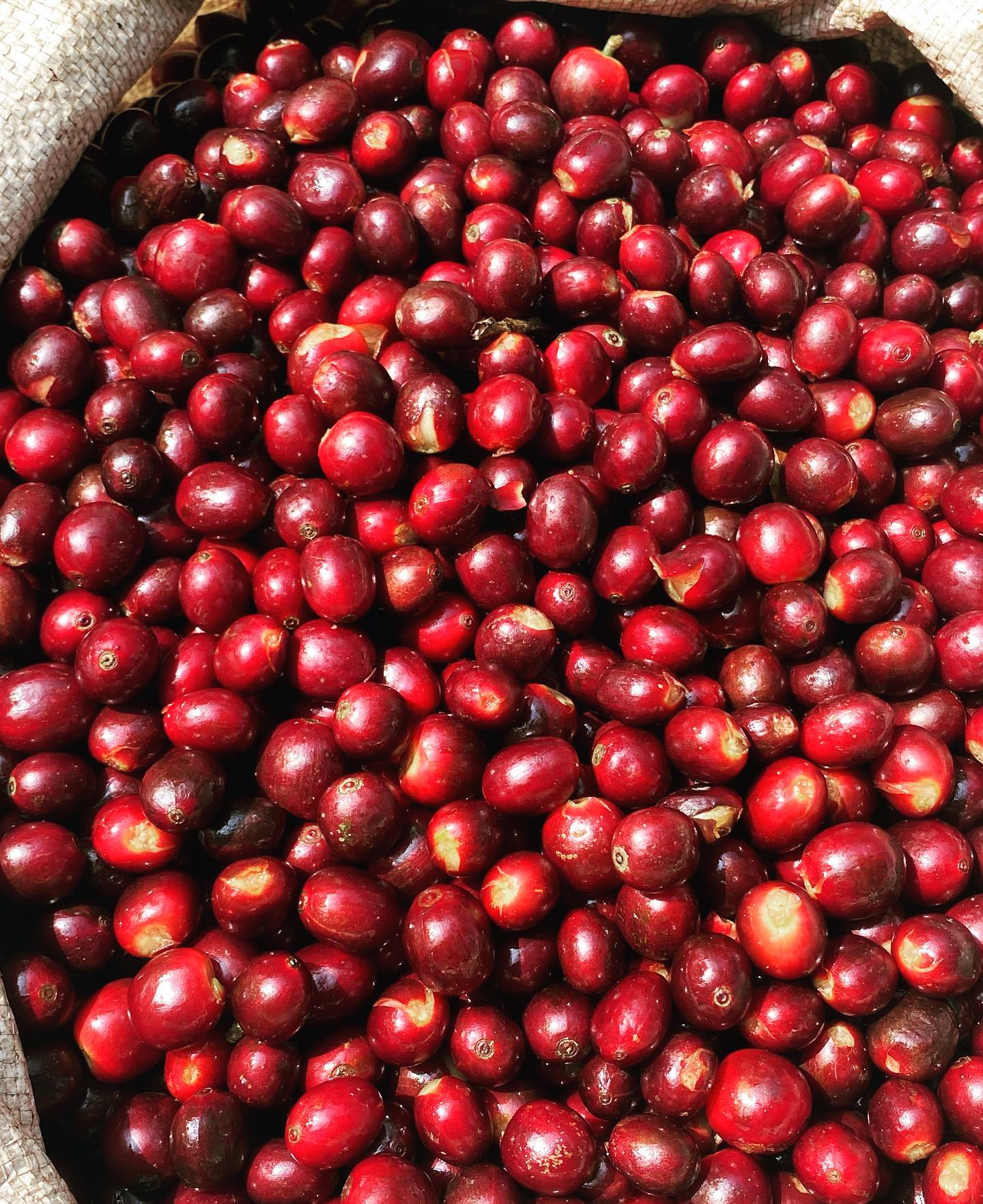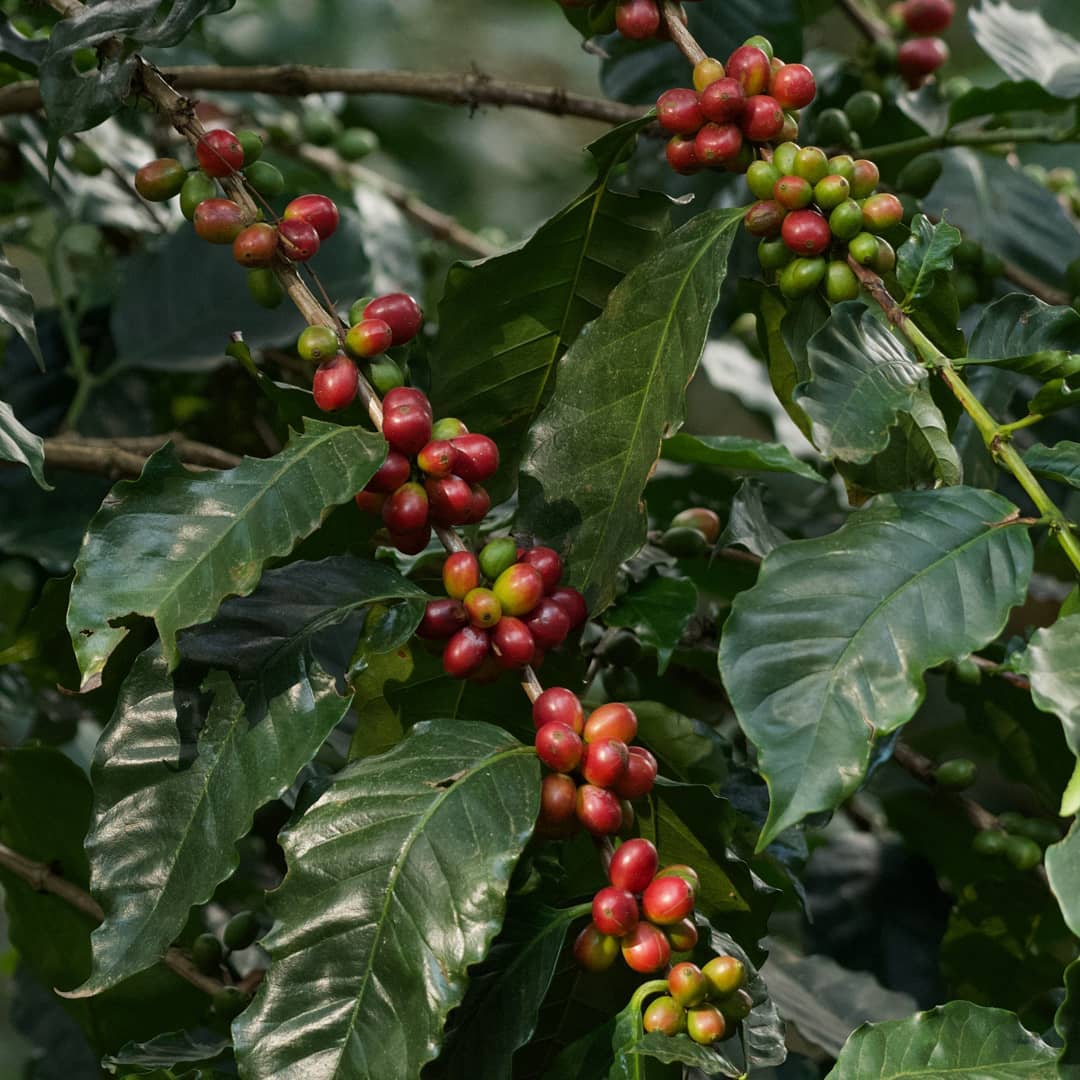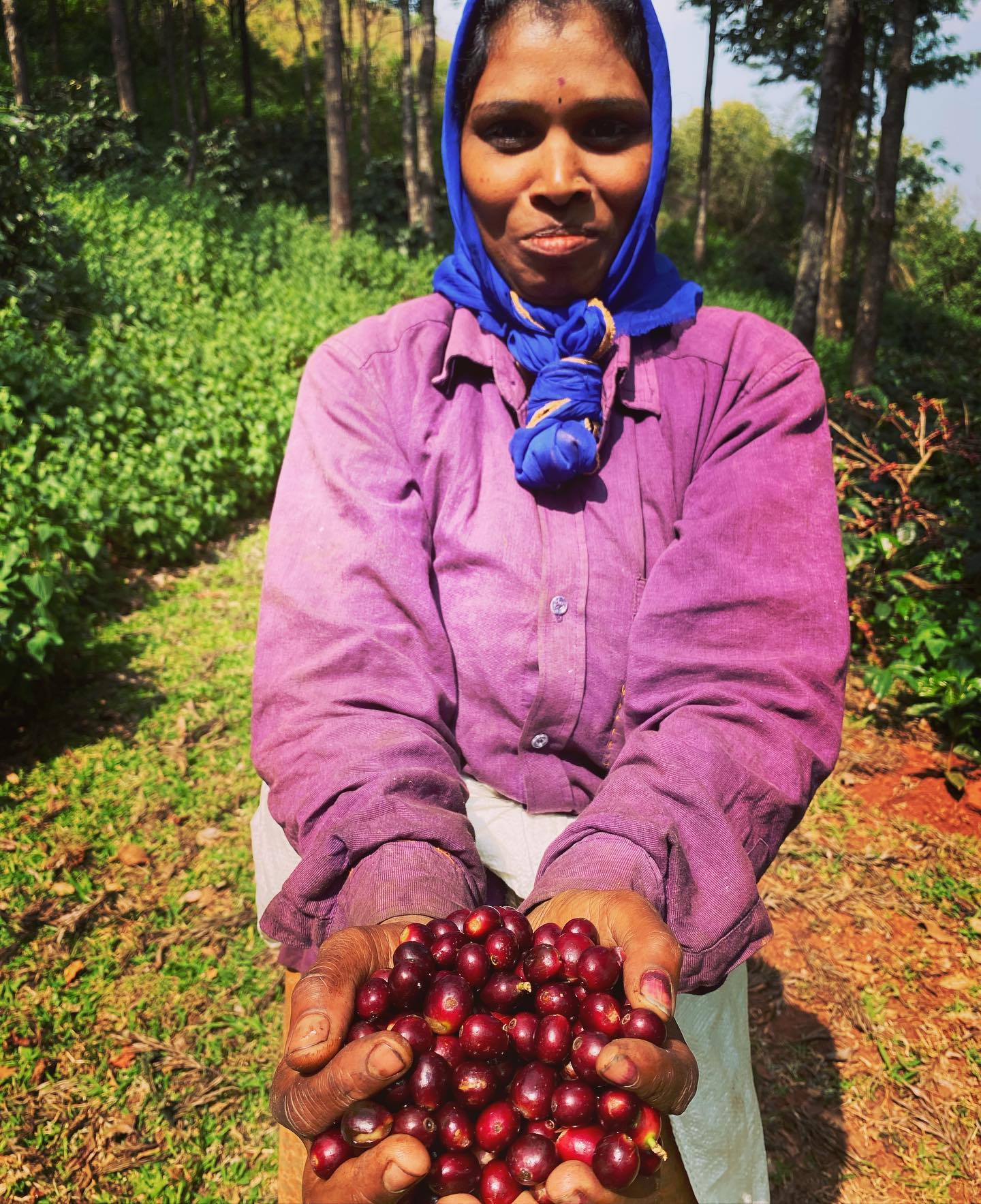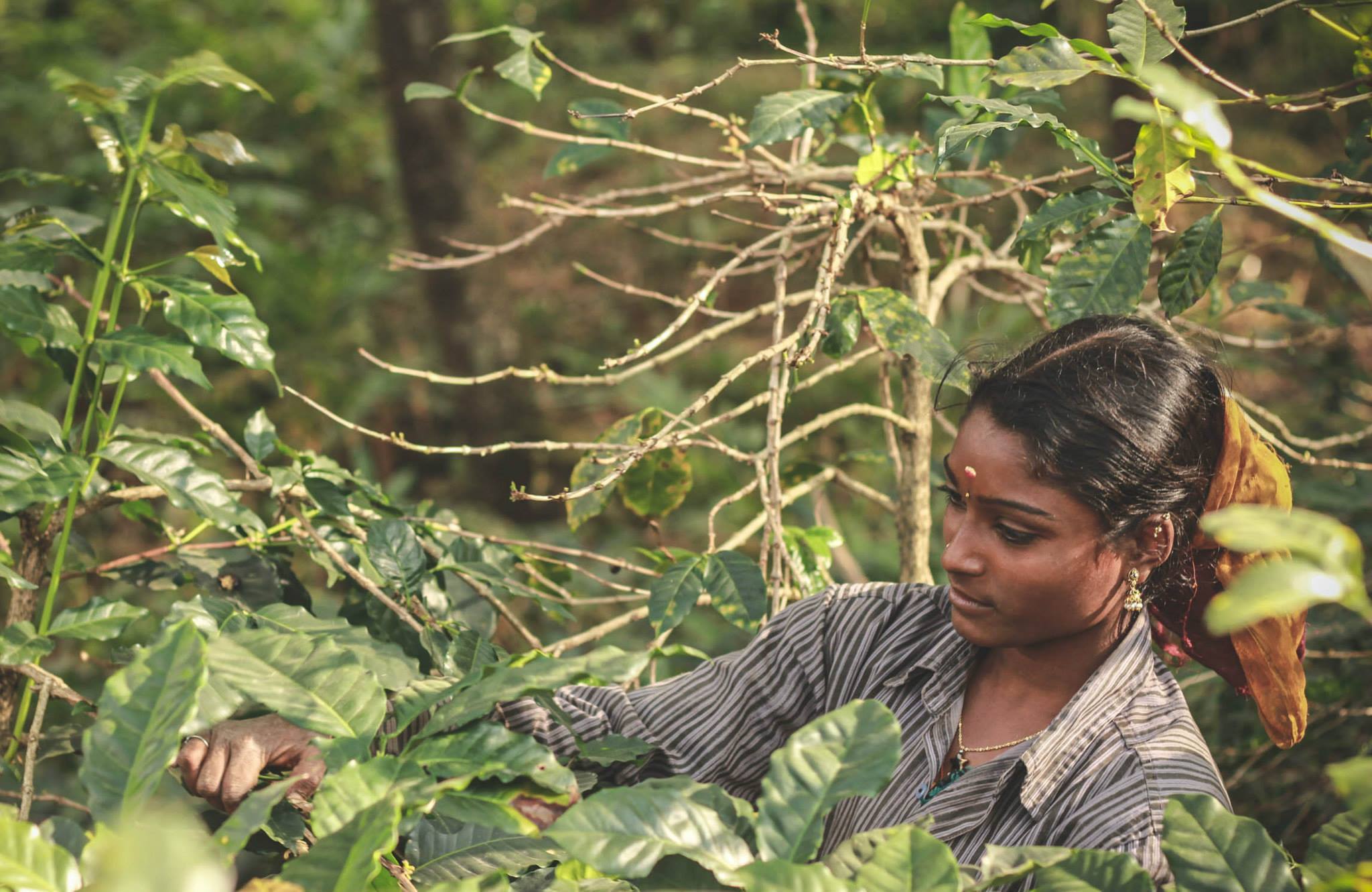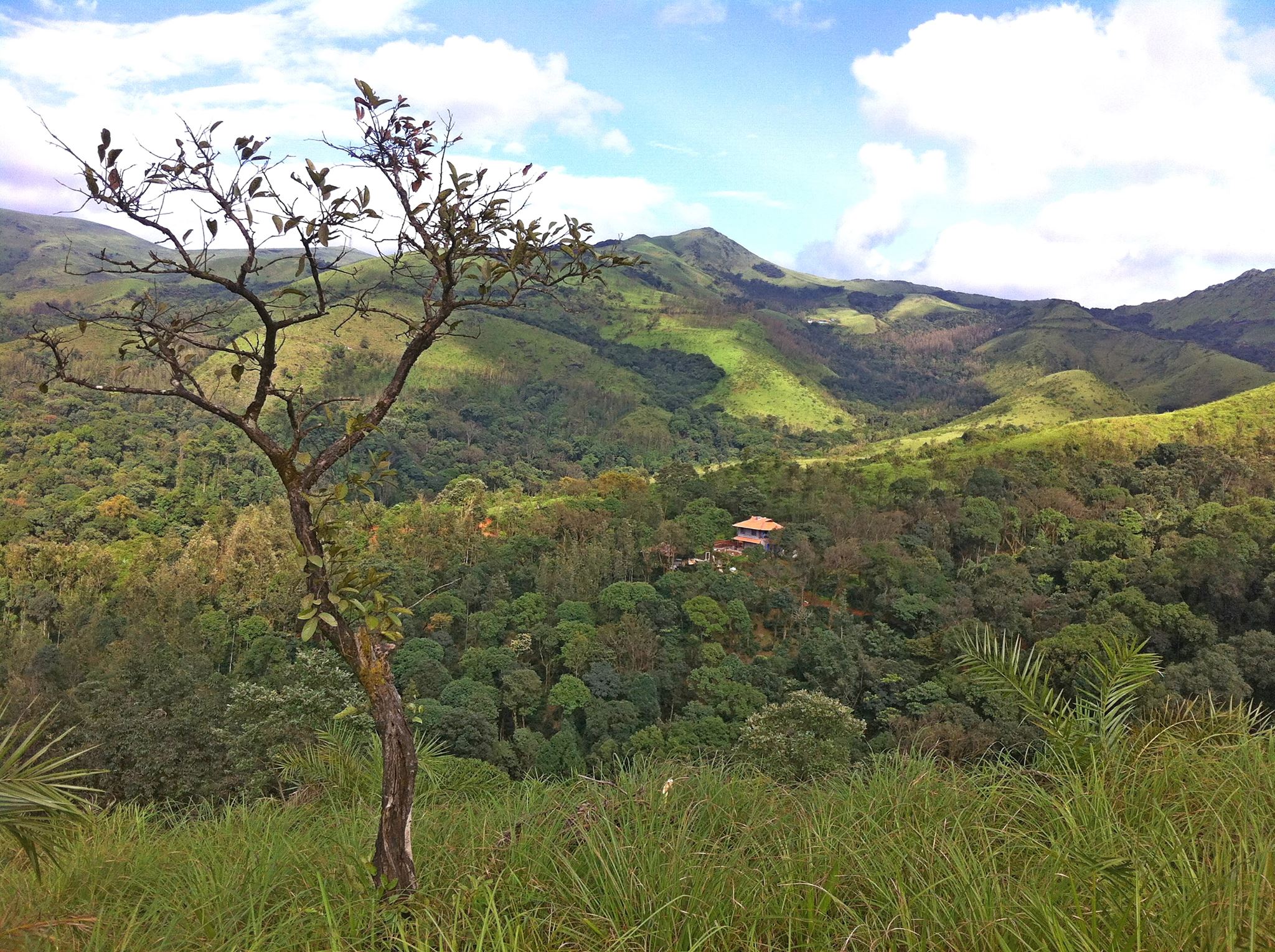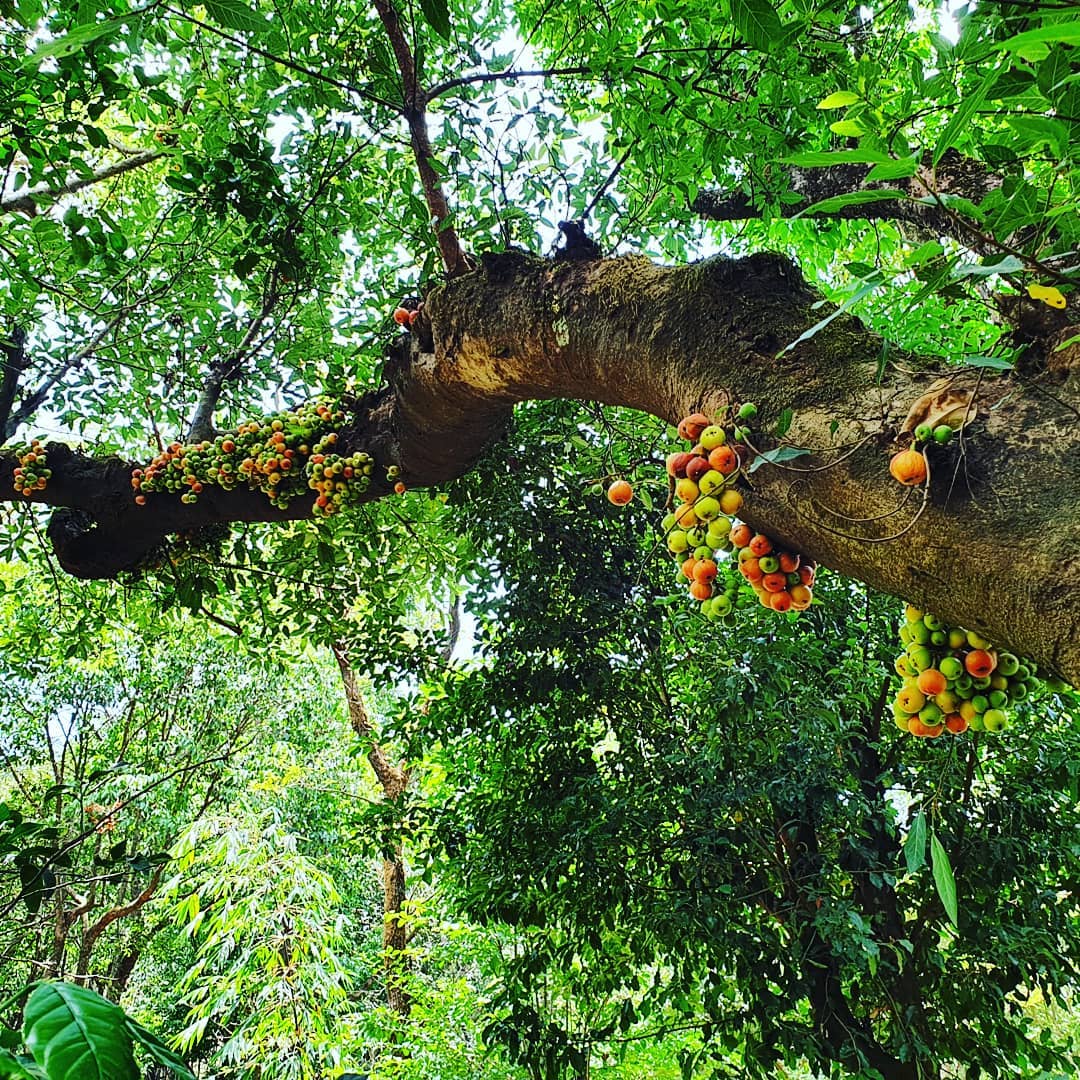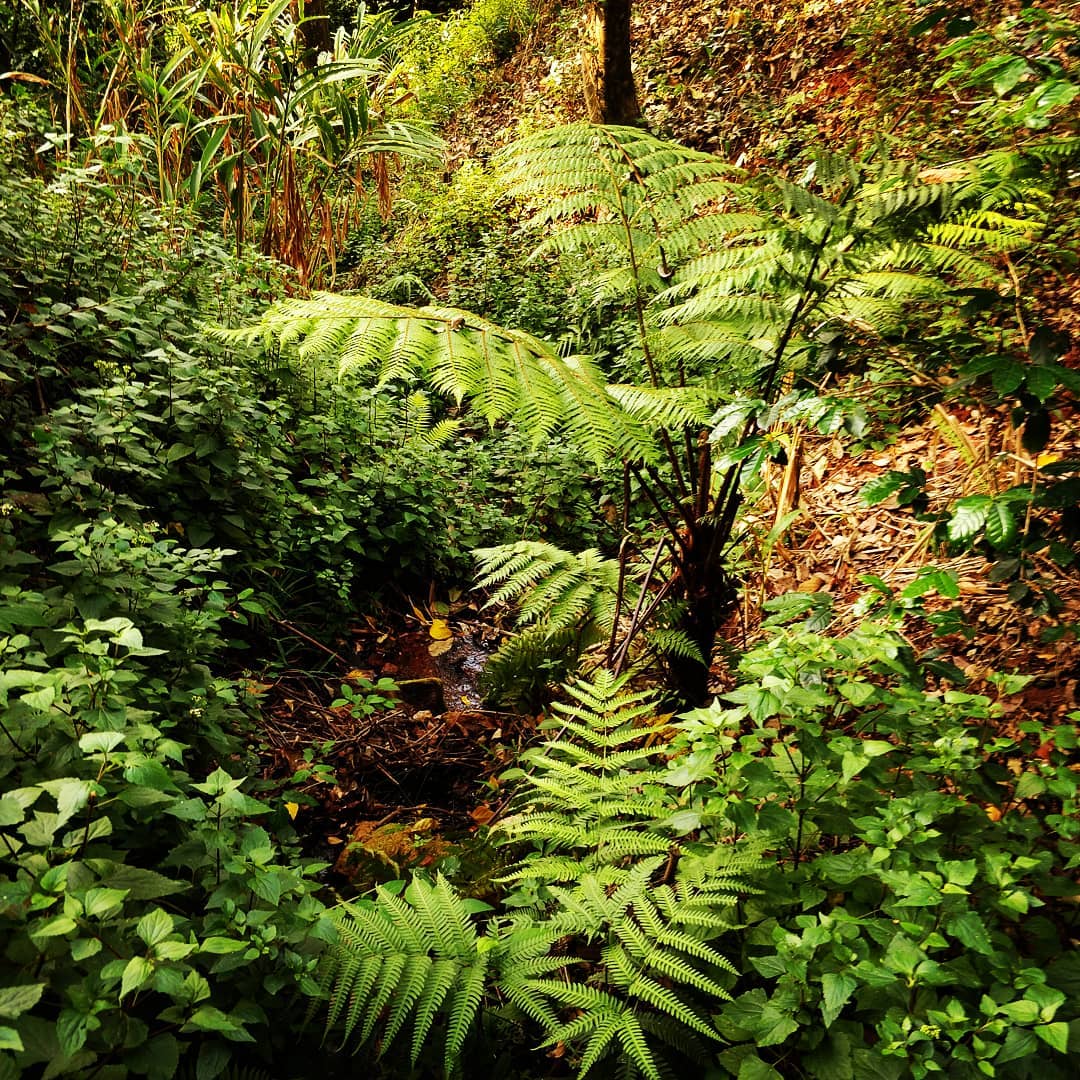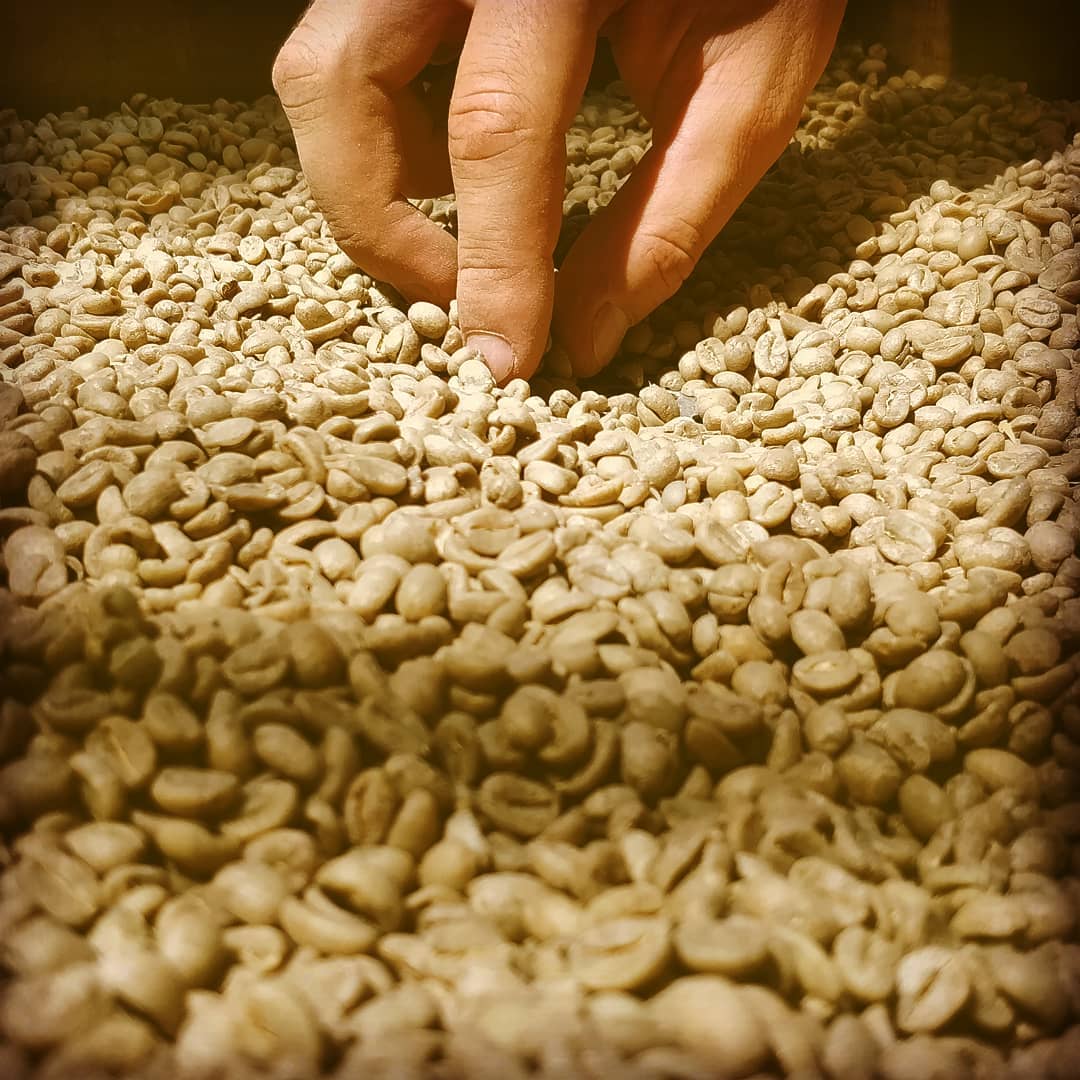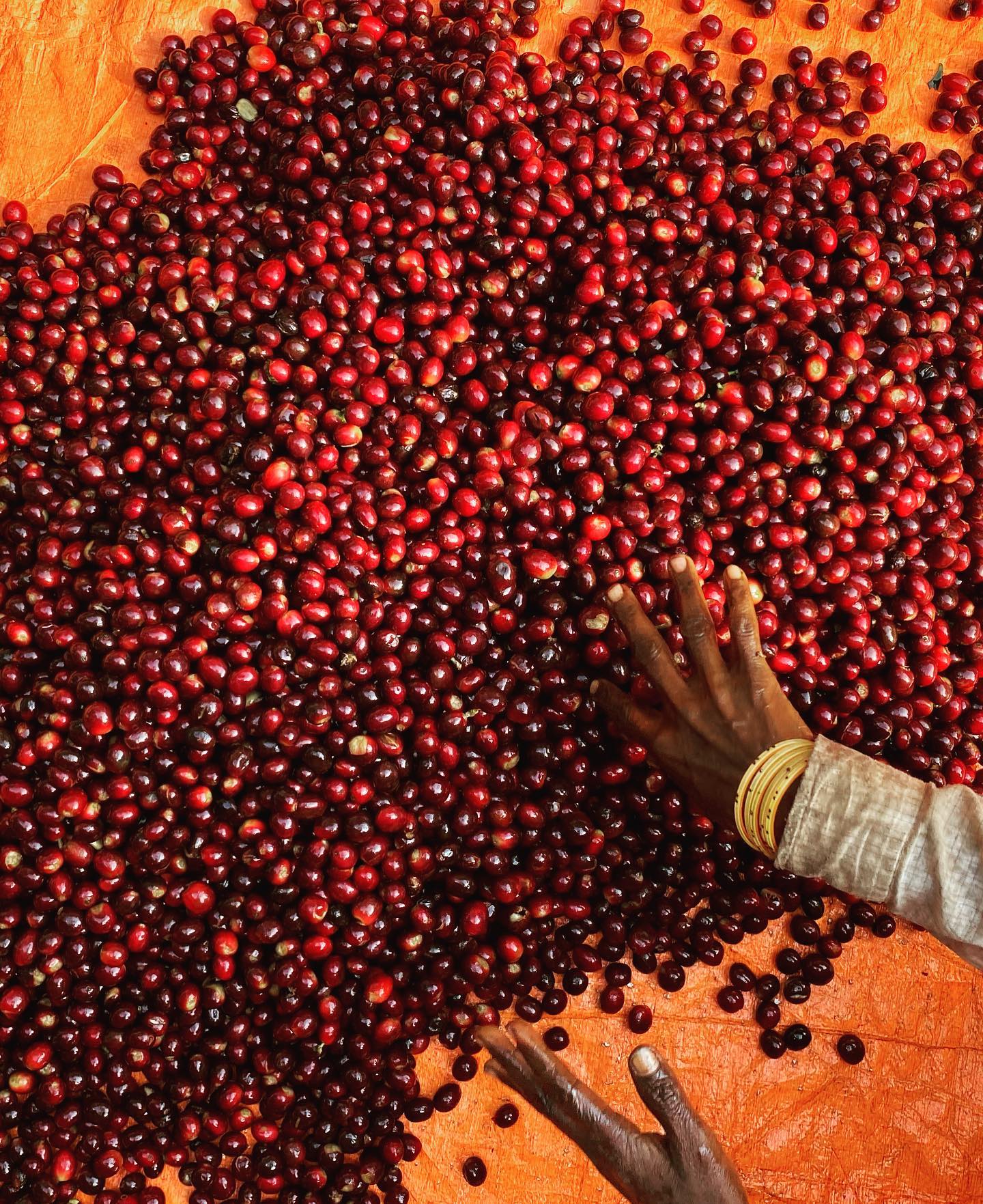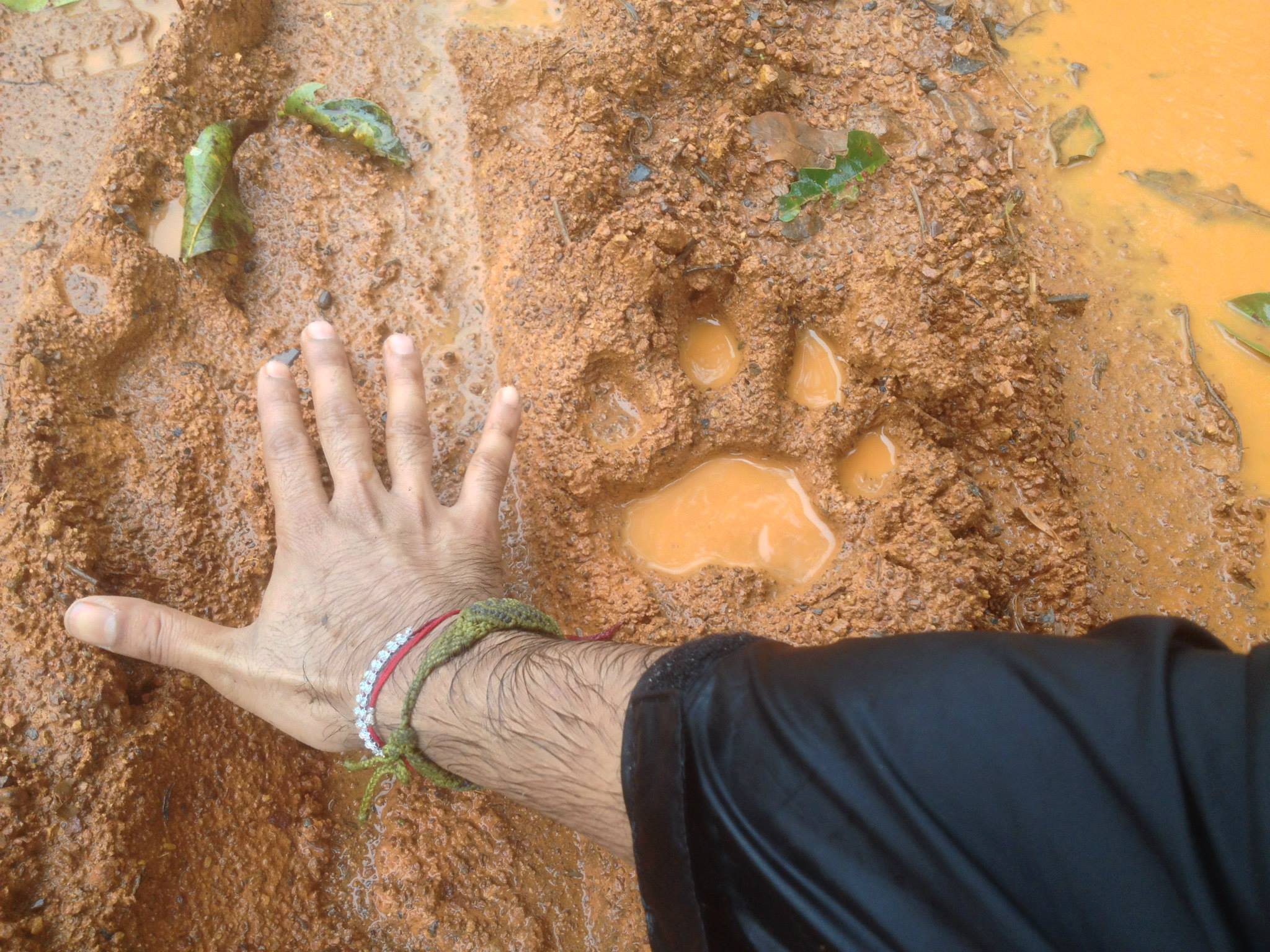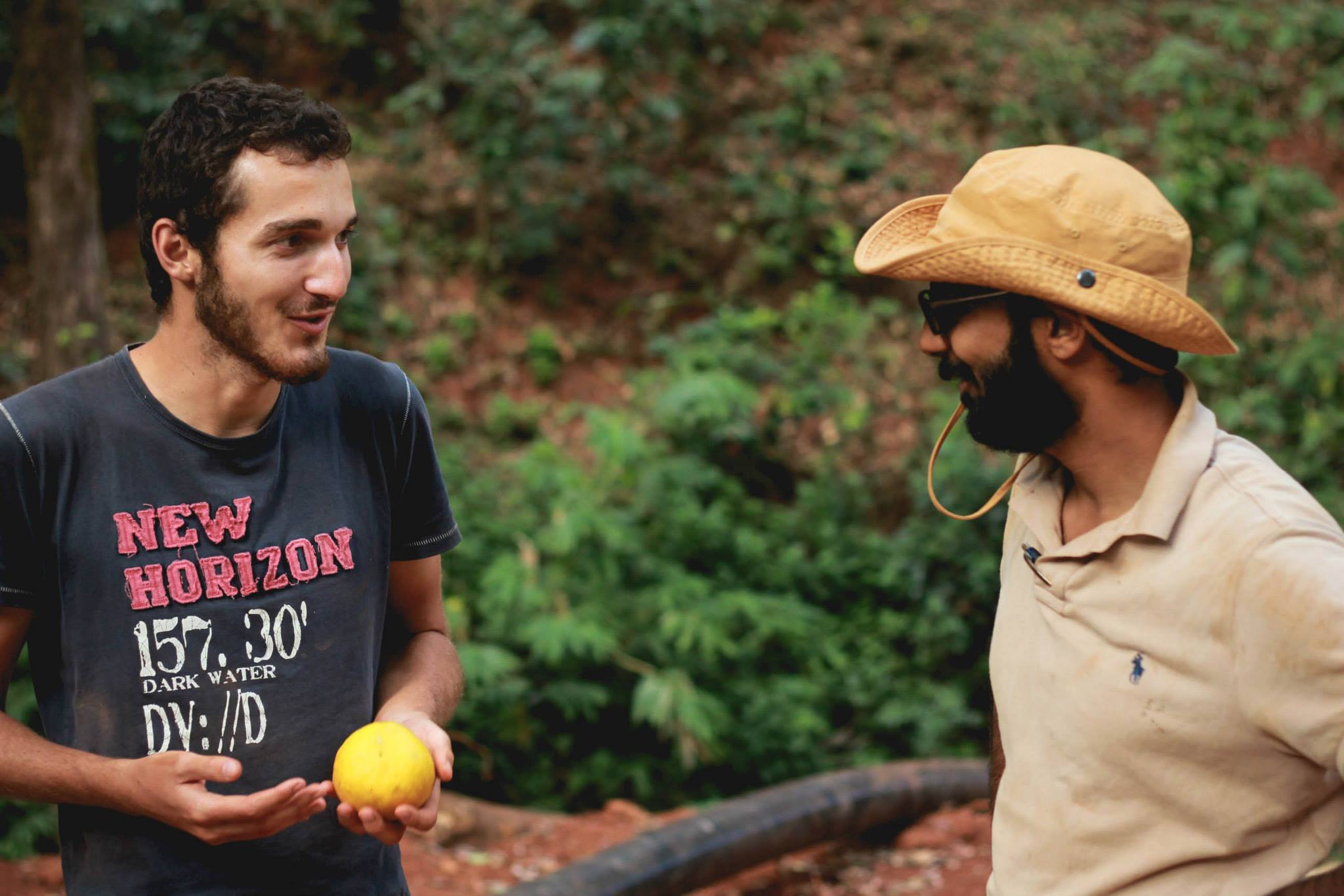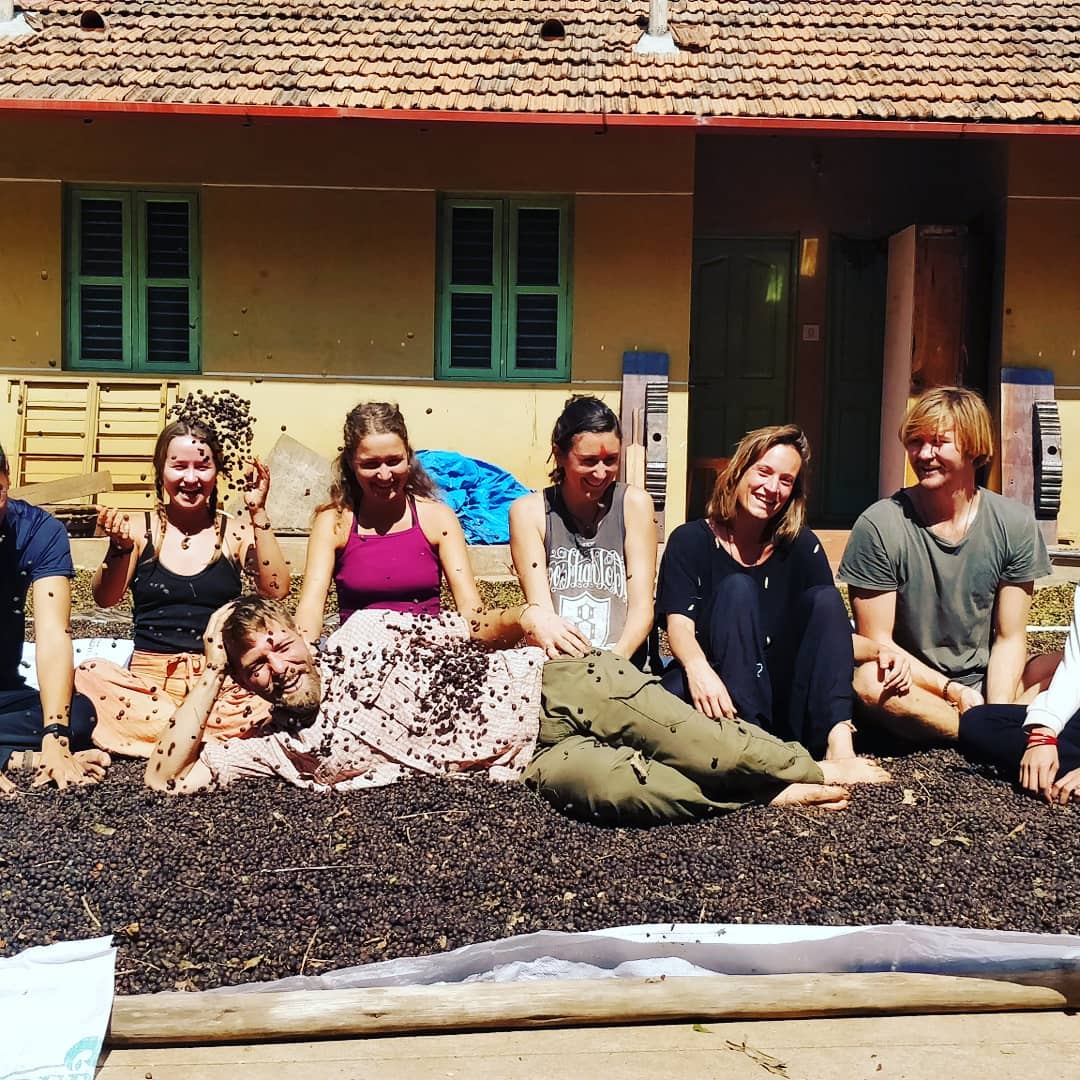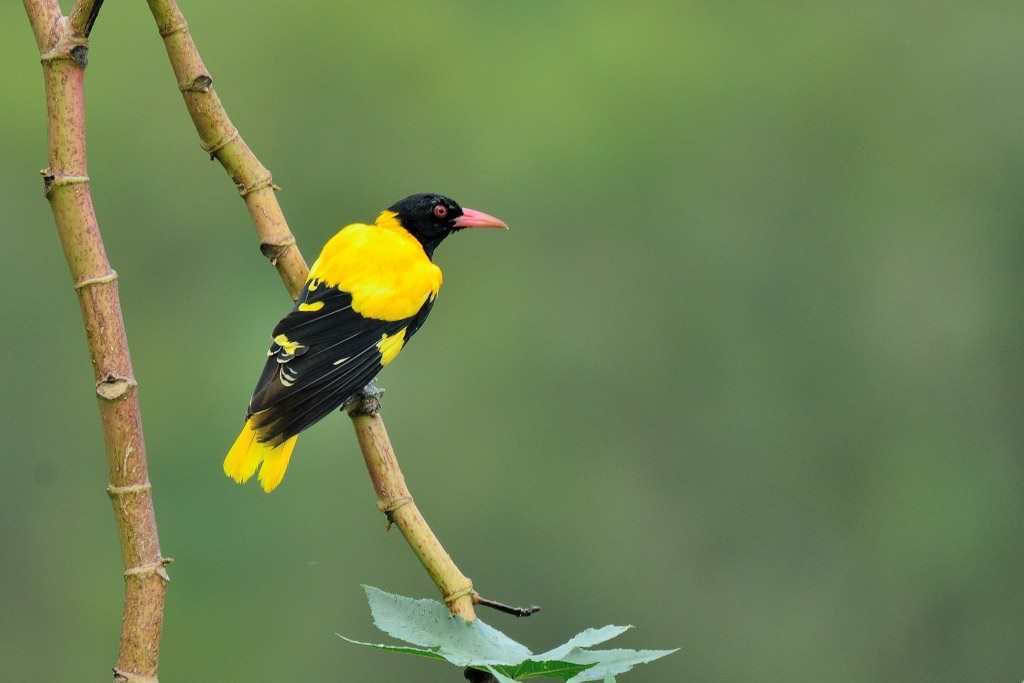
Grown by Adivasis (indigenous tribes) of India, brought straight to your cup by Kalinga Desiagro Foundation
Kalinga Desiagro Foundation is a social impact enterprise working with the small and marginalized coffee growers in southern region of Odisha, India. The foundation is improving farming, harvesting and processing practices, with the broader goal of improving yield and quality of the coffee production in this tribal populated region
Kalinga Desiagro Foundation – Kora Milds
Koraput, Odisha, India
Arabica – Chandragiri
920 m
Nov-Jan
Washed, Handpicked
Multiple farms
81.75
Orange, lemon, green apple, mandarin, caramel, chocolate and a touch of sweet lime.
Shade Grown, Grown with other crops (like spices etc)
Yes
No
Logistics
Pickup in US
10 x 60 kg bags
$8 per pound
Door Delivery
Continental Terminals – New Jersey
Jute, Ecotact, ISPM certified pallets

Cupping Profile

About Origin
The geographical location, topography and climate of Koraput, Keonjhar and Kandhamal in rural Odisha, makes it an ideal location for growing coffee. Many indigenous tribes populate the region.
The coffee in the region is grown by many of these tribal farmers, who are first generation farmers. They own and manage small holding farms. Many of the farms are owned and managed by women.
